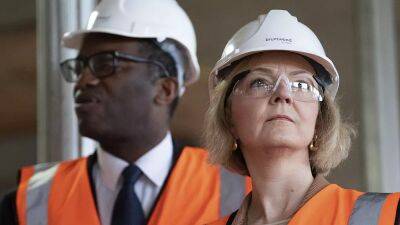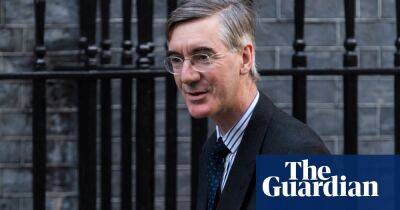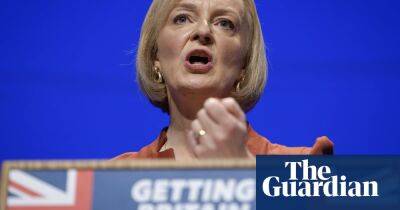Poorer families risk £1,000 hit from earnings-related benefits rise
If the government raises benefits in line with earnings rather than inflation next year, it would drastically cut the incomes of poorer working-age families, while saving less than a tenth of the cost of recent tax cuts, a leading economic thinktank has calculated.
Such a change, which would mean a significant real-terms cut given that wages are rising at 5.5% with inflation close to 10%, could see the effective income of some families reduced by up to £1,000 a year, the Resolution Foundation said.
In a report, it said this decision would end up saving about £3bn by 2026-27, whereas the tax cuts announced in Kwasi Kwarteng’s mini-budget would cost about £40bn, even now that one of them – scrapping the top 45p rate of tax – has been reversed.
While ministers appear committed to increasing pensions in line with inflation – under the so-called triple lock upgrade, suspended last year – they have yet to decide whether the same will apply to working-age benefits.
Jacob Rees-Mogg, the business secretary, said on Wednesday that no decision would be made before the next publication of inflation statistics, due in a week. A number of Conservative MPs, including other cabinet ministers, support an increase in line with inflation.
If the increase for working benefits such as universal credit was made at the lower, earnings-linked rate, this would affect 9m UK households, or 45% of those that include working-age people, the Resolution Foundation said.
The impact would vary considerably. The report calculated that a couple with one child who only receive child benefit would lose £52 a year. A single disabled adult on universal credit would lose £380.
The biggest effect would be on low-income families with children. A working couple with
Read more on theguardian.com



















